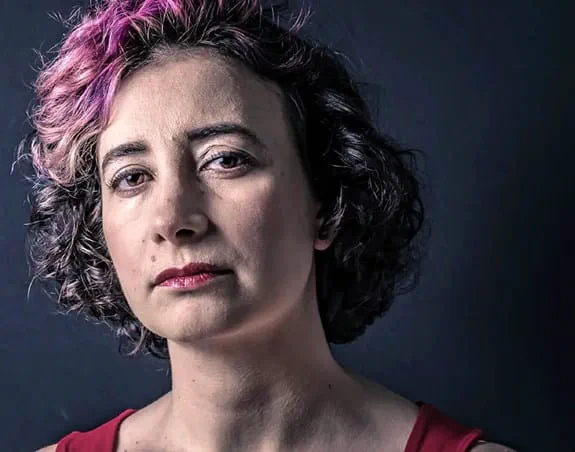Treatments for breast cancer
Your healthcare team will create a treatment plan just for you. The plan is based on your health and specific information about the cancer. What you want is also important when planning treatment. When deciding which treatments to offer for breast cancer, your healthcare team will consider:
- the stage
-
if you have reached
menopause - the hormone receptor status of the cancer
- the HER2 status of the cancer
- the risk that the cancer will come back, or recur (for early-stage breast cancer)
- your overall health
Surgery is the main treatment for breast cancer. Other treatments are also used in combination to treat breast cancer, including radiation therapy, hormone therapy, targeted therapy, immunotherapy and chemotherapy.
Treatments for ductal carcinoma in situ
Treatments for early-stage breast cancer
Treatments for locally advanced breast cancer
Treatments for metastatic breast cancer
Treatments for recurrent breast cancer
Treatments for triple-negative breast cancer
Surgery for breast cancer
Risk of recurrence and drug treatment after surgery
Radiation therapy for breast cancer
Hormone therapy for breast cancer
Chemotherapy for breast cancer
Targeted therapy for breast cancer
Immunotherapy for breast cancer
Follow-up after treatment for breast cancer
October is Breast Cancer Awareness Month
This month, nearly 2,600 people in Canada will hear the words, “You have breast cancer.” Your donation funds research to help save and improve lives.

Your trusted source for accurate cancer information
With support from readers like you, we can continue to provide the highest quality cancer information for over 100 types of cancer.
We’re here to ensure easy access to accurate cancer information for you and the millions of people who visit this website every year. But we can’t do it alone.
Every donation helps fund reliable cancer information, compassionate support services and the most promising research. Please give today because every contribution counts. Thank you.
